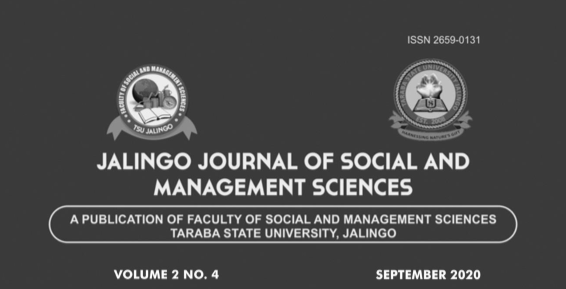Monetary Policy and Balance of Payment Position in Nigeria
Keywords:
Balance of payment, Credit to government, Credit to private sector, Exchange rate, Monetary policy, Monetary Policy rate, Money supplyAbstract
The achievement of a balance of payment in developing countries like Nigeria relies on adequate formulation of monetary policy by monetary authorities; thus, this study assessed the effect of monetary policy on the balance of payment position in Nigeria. Secondary data spanning the period of 2006 to 2019 were sourced and the model was analyzed using the Autoregressive Distributed Lag (ARDL) approach with money supply (MS), monetary policy rate (MPR), credit to core private sector (CCPS), credit to government (CG), exchange rate (EXCH) as independent variables and balance of payment as a percentage of gross domestic product (BOP) as the dependent variables. From the findings, the t- statistical value and the probability value are MS (-5.74; 0.000), MPR (-1.988; 0.006), CCPS (5.211; 0.000), CG (-5.78; 0.000), EXCH (6.38; 0.000) respectively, meaning that MS, MPR and CG exhibits a negative and significant relationship; CCPS and EXCH showed positive and significant relationship with BOP as a percentage of GDP. The study therefore concluded that monetary policy influences balance of payments significantly both in the short-run and long- run. It thus recommended that monetary policy rate should be set at a rate that would encourage lending and promote savings mobilization to ensure the flow of credit to core sector which in turn improves productivity, promote domestic consumptions and enhance trade and balance of payment performance.

Downloads
Published
Issue
Section
License
Copyright (c) 2023 JALINGO JOURNAL OF SOCIAL AND MANAGEMENT SCIENCES

This work is licensed under a Creative Commons Attribution-NonCommercial 4.0 International License.
